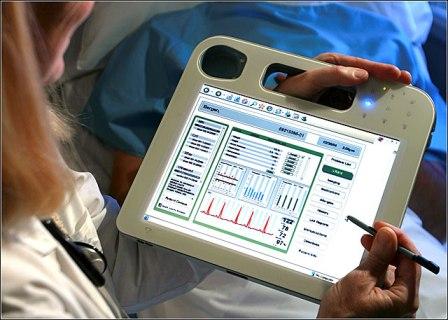Thank you for contacting me regarding incentive payments for electronic health records. I appreciate hearing from you on this important issue. I understand your concerns. In April, I joined other Senators in issuing a report to health information technology stakeholders and members of the public requesting feedback on federal progress promoting health information technology adoption and standards. The report, “Reboot: Re-Examining the Strategies Needed to Successfully Adopt Health IT,” summarizes key implementation deficiencies.
The first of these is a lack of a clear path toward interoperability. The HITECH Act, a $35 billion program of grants and incentive payments in the American Recovery and Reinvestment Act of 2009 (ARRA), was created to continue the promotion of the use of electronic health records (EHRs) among hospitals and physicians, with the ultimate goal of incentivizing the adoption and use of health information technologies meeting a certain data standard so that providers can share patient health data nationwide.
The ability to share data, it is said, will reduce the overall need for as many tests, arm providers with better patient information, and enhance the quality of patient care. However, to achieve this aim, having interoperable systems is necessary. Unfortunately, early reports suggest that federal incentive payments are being made without clear evidence that providers can achieve “meaningful use,” or the ability to use the health IT program internally, and without an adequate plan to ensure providers can share information with each other.
ARRA appropriated approximately $35 billion for the Office of National Coordinator for Health IT and the Centers for Medicare and Medicaid Services (CMS) to achieve this goal. Now, nearly four years after the enactment of the HITECH Act, and after hundreds of pages of regulations implementing the program, we see evidence that the program is at risk of not achieving its goals and there are concerns that $35 billion in taxpayer money is being spent ineffectively in the process.
Of the $35 billion in incentive payments and grants authorized by ARRA, as of February 28, 2013, CMS estimated it has paid out nearly $12.7 billion in incentive payments. Of that sum, nearly $1.2 billion was paid in December of 2012 alone.
With so many dollars flowing out of CMS, Congress has the fiduciary responsibility to ensure that these taxpayer dollars are being used to efficiently accomplish the end goal of reduced health care costs through the appropriate sharing and use of health information. Rest assured, I will keep your concerns in mind as I work with fellow colleagues and the administration to “reboot” the program to accomplish the aims of meaningful use and interoperability and ensure appropriate stewardship of taxpayer dollars.


















